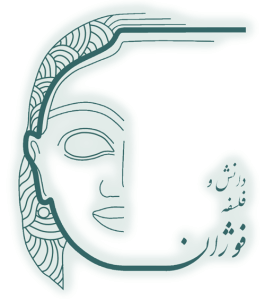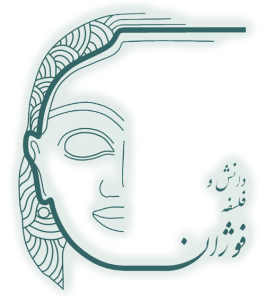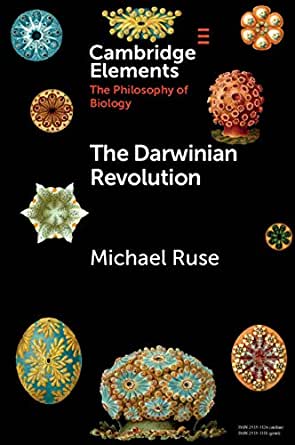Darwinian Revolution: Philosophically Interesting and Important
Author: Michael Ruse
- https://en.foujaninstitute.com/2021/12/09/michael-ruse/
- Publisher: Cambridge University Press
- Publication date: May 9, 2019
- Online ISBN:9781108672047
- 79 pages
The Darwinian Revolution is a book by Michael Ruse, a retired professor at Florida State University in Philosophy of Science, Philosophy of Biology, and Zoology.
Ruse is the author of many books, including Can a Darwinian Be a Christian ?, The Evolution-Creation Struggle, Take Darwin Seriously, Sociobiology- Sense or Nonsense? He is also the founder and editor of the Journal of Biology and Philosophy and the editor of Cambridge University’s recent 18-volume collection of Philosophy of Biology, one of which is this book. He is best known for his works on the relationship between science and religion.
In this volume, he deals with the subject of human evolution from the perspective of Darwin and Darwinism. What the Darwinian revolution is, and whether or not it was a revolution. If so, what kind of revolution it was, and ultimately Michael Ruse’s views on Darwin and the Darwinian revolution form parts of this book. This book also examines the relationship between Darwinism and philosophy and discusses the traces of analytical thinkers on Darwinism.
From “Darwinian Revolution: Philosophically Interesting and Important”:
- “Separate the context of discovery from the context of justification. Discovery, found in the gemütlich homes of the historians, deals with fallible people having all sorts of irrational thoughts through time. Hempel’s (1966) example was Kekulé dozing off to sleep in front of a fire, dreaming of a snake swallowing its tail, and thus discovering the circular nature of the benzene molecule. Justification, done in the Spartan quarters of the philosopher kings, deals with entities and their connections in the unchanging Platonic world of the Forms.”
- “In 1978, at a meeting of the Philosophy of Science Association, I was part of a panel discussing the revolution in geology (Ruse 1981). I happily hammered away at Nagel and Hempel until, through the vile hangover that was customary on these occasions, I realized that sitting on the front row, smiling broadly and nodding in agreement, were none other than Ernest Nagel and Carl Hempel. I have always taken this as a message to have a good laugh at or with bumptious youngsters who attack my work – as well as a warning to drink rather less the night before I am going to perform.”







